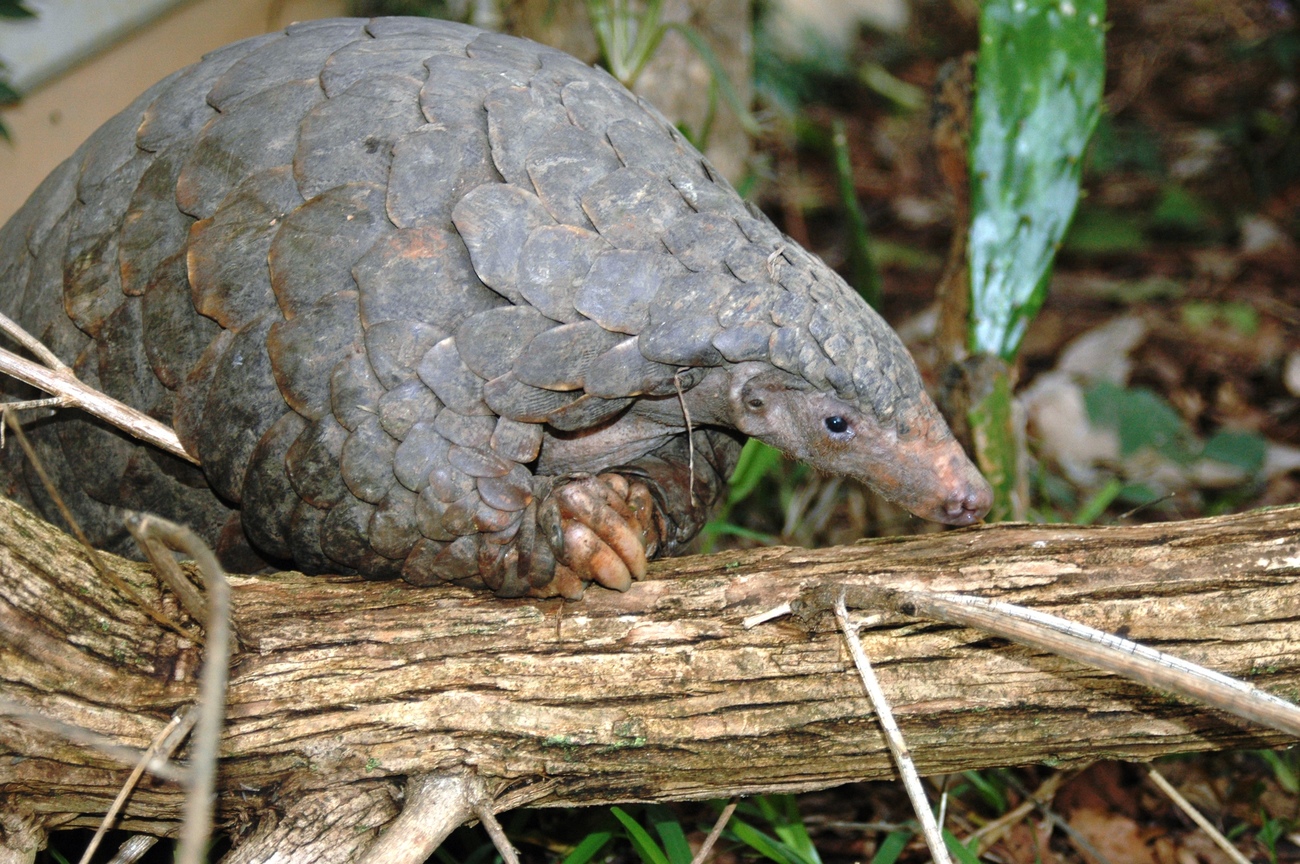Updates
How IFAW has helped animals and people during the Ukraine crisis
Learn moreChina moves to protect the pangolin in 2020

Sporting scaly armour and long tongues, pangolins are elusive animals found across Africa and Asia. They are also the most trafficked and illegally traded mammal in the world due to the exploitation of their scales and body parts. In Asia, pangolin scales are used in traditional medicine and the animal’s meat is served as a delicacy for the wealthy. In Africa, pangolins are sold as bushmeat in local communities and poachers stockpile the animal’s parts to be trafficked to the East Asia. In the last decade, more than one million pangolins were poached, and in 2019 alone, more than 80 tonnes of pangolin scales were confiscated worldwide.
On June 5th, the National Forestry and Grassland Administration (NFGA) in China announced to uplist pangolins from Class II state protection to Class I under the Wildlife Protection Law. Following on June 9th, China also officially removed the pangolin scale from the 2020 edition of the Traditional Chinese Medicine Pharmacopoeia. IFAW applauds China’s decision to give pangolins the highest protections and help save the animal from extinction with these two decisions.
“Pangolins play an important ecological role in the wild. One pangolin can eat 70 million ants and termites a year,” says Grace Ge Gabriel, IFAW Asia Regional Director. “Their disappearance in the wild could have a devastating impact on the ecosystem health.”
After confirmation that COVID-19 was linked to wildlife trade, on February 24th, China’s top legislative committee voted to ban the buying, selling, transporting, and eating of wildlife indefinitely until the country revisits its Wildlife Protection Law. The announcement to upgrade protections for pangolins and the removal of pangolin scale from pharmacopeia comes as a critical step in China’s efforts to implement new legislation that protects endangered species.
Our work can’t get done without you. Please give what you can to help animals thrive.
Unfortunately, the browser you use is outdated and does not allow you to display the site correctly. Please install any of the modern browsers, for example:
Google Chrome Firefox Safari